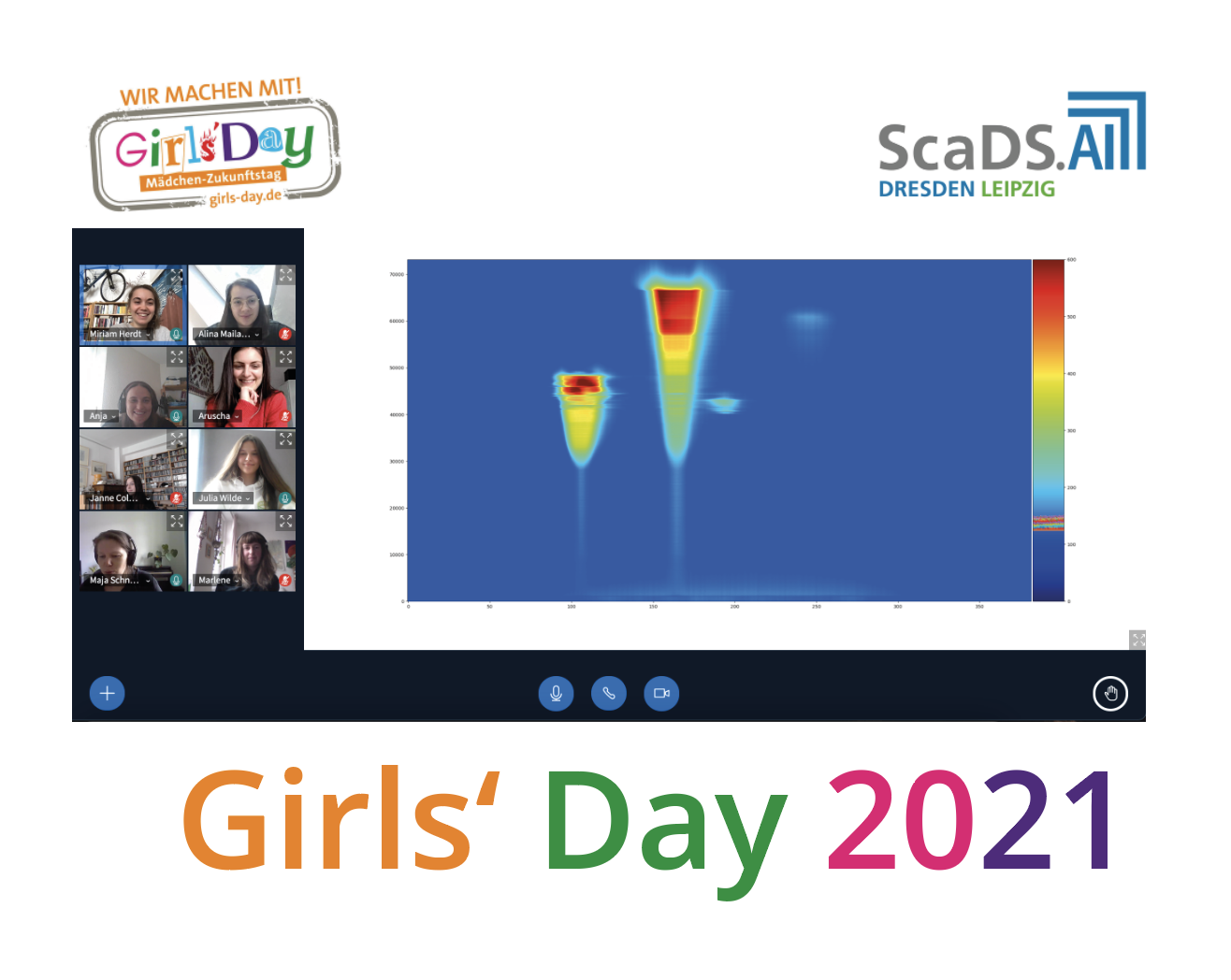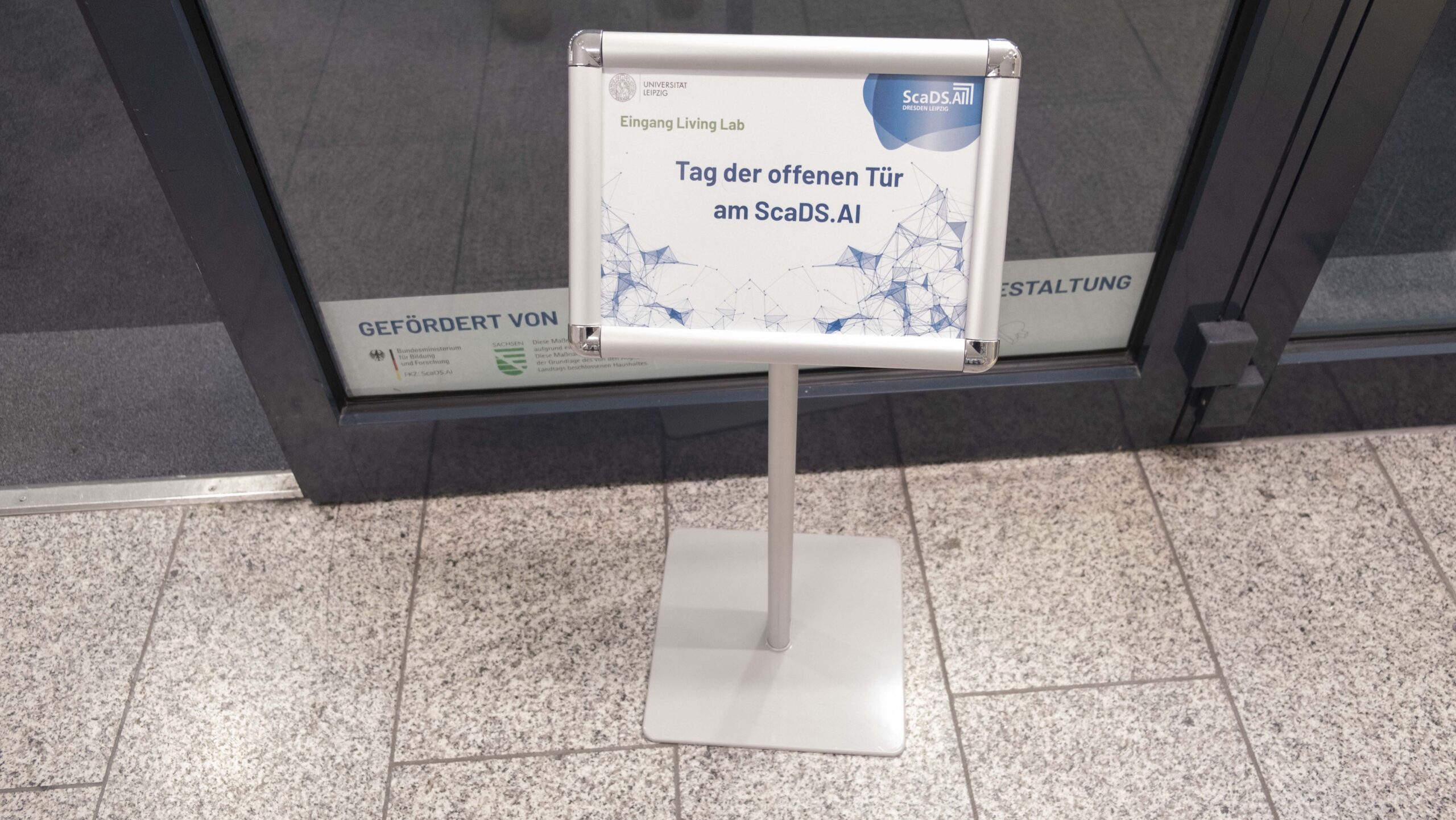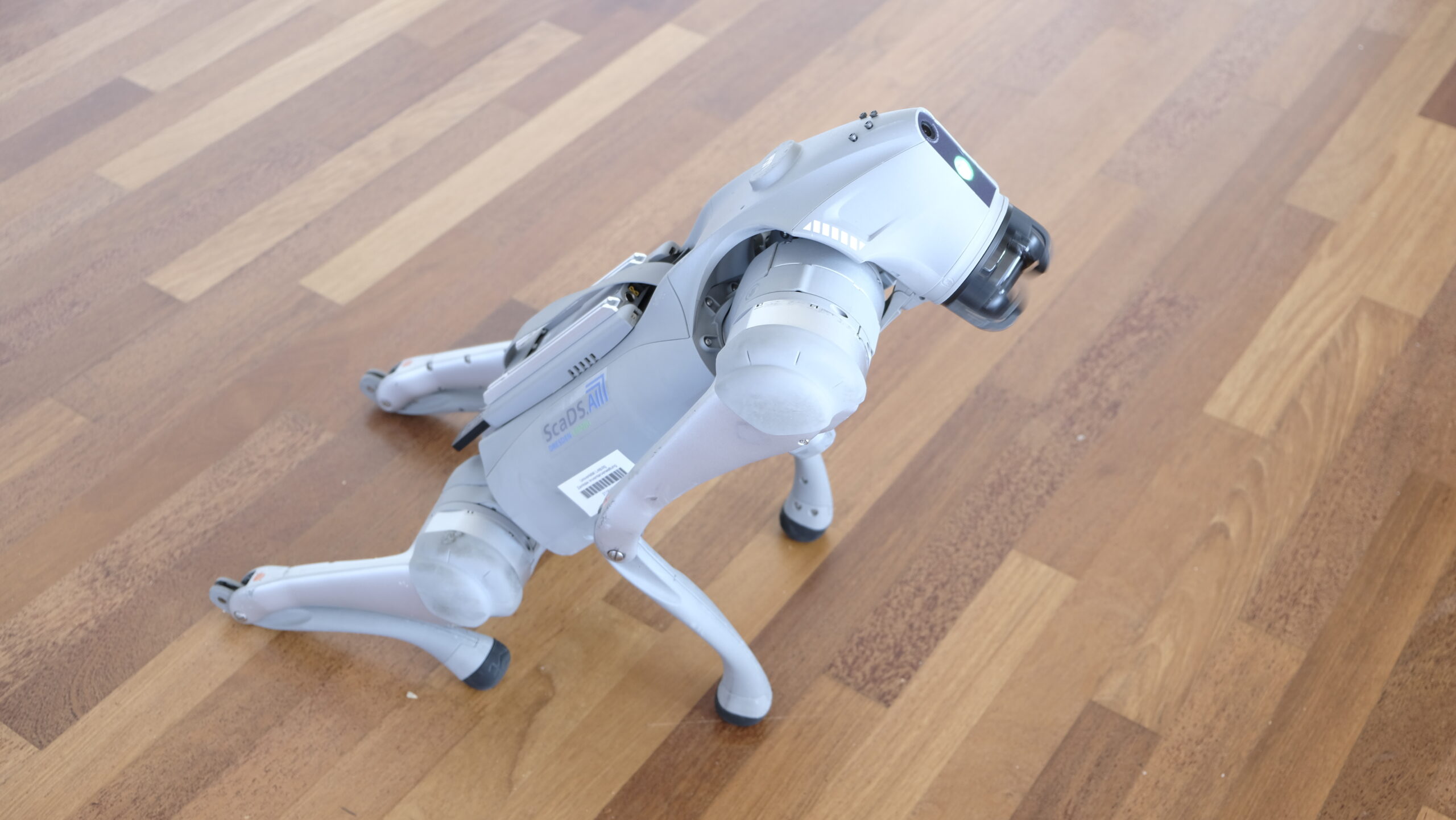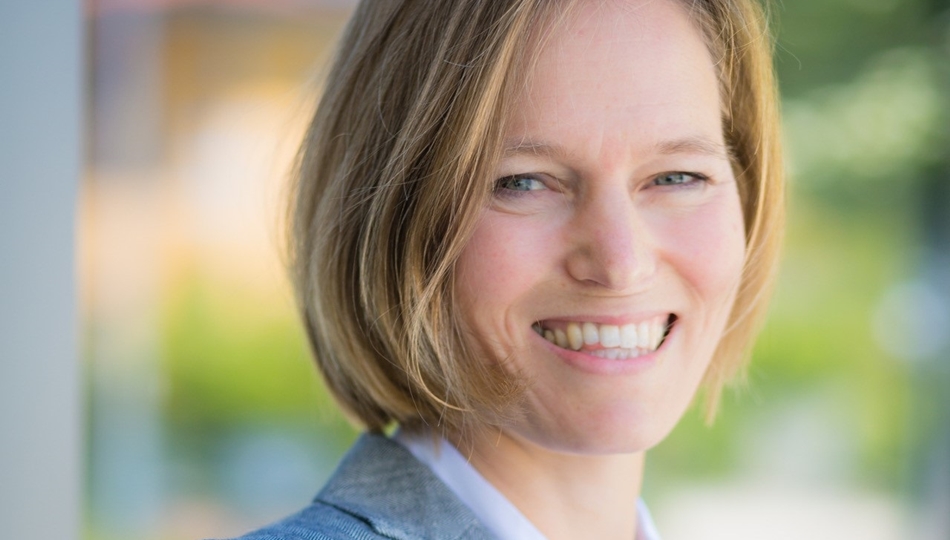
April 23, 2021
Digital Girls’ Day 2021 at ScaDS.AI Leipzig and Dresden

On April 22nd, Girls’ Day 2021 took place across Germany to support a stereotype-free career choice. ScaDS.AI Dresden/Leipzig was also present with a digital offer for girls and young women at both locations.
Girls’ Day 2021 in Dresden
In Dresden, more than 10 girls were present this time from all over Germany – a great advantage of the virtual format. At the beginning, they were able to show in the AI quiz whether they could make sense of technical terms such as algorithms, weak AI or supercomputers. Sunna Torge, one of our researchers, then explained how neural networks work and how we use them for research on image recognition. The genome cataloging of bats was also an exciting topic, which showed how long a normal computer takes to work compared to a high performance computer – more than 10 years! Lena Jurkschat, our research assistant, is studying computer science in the master’s program. She reported from her everyday study life and explained that studying computer science can be pretty cool and that the move to Dresden was really worth it.
During the presentation of the Computer Center (ZIH) of the TU Dresden, the “IT heart of the university”, the participants learned how extensive the connections are from our systems and applications into all areas of the university: Not only into science, but also into the library, the administration, up to every single employee and student this network reaches. Biological pattern formation was explained by Prof. Andreas Deutsch, who, as head of the Innovative Methods of Computing department, also conducts research on cancer detection.
Finally, Christina Mühlbach, an IT specialist at ZIH, gave insights into her work: Namely, what programming has to do with creativity and why it is suitable as a design tool for (almost) everything!

Program Highlights in Leipzig
After a short introduction, the participants of the Girls’ Day 2021 at our location in Leipzig learned about the history of AI and Big Data and were able to discuss the difference between Machine Learning and a (Deep) Neural Network. Afterwards, they discussed together not only the possibilities, but also the limits and dangers of the use of AI. Why does it actually make sense to deal with data privacy? What can actually happen when, for example, social networks like Facebook collect data from their users and what is actually meant by bias?
Afterwards, researchers from the Center (Anja Neumann, Aruscha Kramm, Alina Mailach, Maja Schneider, Marlene Mertens) gave insights into their professional careers as Data Science researchers. It became clear that not only the straightforward career path from studying computer science at a university, but also studying mathematics and psychology or even studying art, which was actually planned, coupled with a large share of interest and enthusiasm, can sooner or later lead to AI research. After a short lunch break, it was time for programming. In an exercise from the field of Data Science, it was shown what information can actually all be extracted from a single large data set on arrests in Los Angeles. How image recognition works and how neural networks classify dog breeds and strawberries was explained afterwards. Once again, it became clear that an AI can only do what it has been trained to do.

We hope that our events have come to fruition and helped to inspire many young female researchers for the large field of AI research. We certainly had a lot of fun! See you next time for Girls’ Day at ScaDS.AI.






